Brandy Akers works as a massage therapist, and because of her job, she’s trapped in a dimly lit room for several hours a day.
“I have blinds drawn, curtains drawn, and sometimes I can just kind of see the sun peeking through the windows,” she says. “I'm just longing to be out there.”
Over the last several years, she noticed that the lack of sun was beginning to take a toll. When fall and winter came around, she would leave for work in the dark, and come home in the dark, and she began to feel lethargic and depressed.
The blahs went away after she started a new routine. During the dark winter months, Akers gets out of bed, makes coffee, and sits down in front of a box that emits a bright, white light.
“I will just sit here in front of the light and turn it on and read a book for about half an hour,” she says.
This routine is known as light therapy, and when natural sunlight is hard to come by, it’s often used as a treatment for winter depression, whether it’s mild, winter blues or a more severe depression known as seasonal affective disorder, or SAD.
In the last few weeks, with the mornings getting brighter, Akers might’ve been able to pack away her light box. But Daylight Savings Time is about to plunge us back into the dark, and that could have a huge impact on Hoosiers’ mental health.
Dr. David Avery, a psychiatrist at the University of Washington who studies seasonal depression, was shocked at Indiana’s post-8 a.m. sunrise.
“Oh my gosh. That means that some people are driving to work in the dark in March,” he says.
Research suggests that seasonal depression is related to an offset in our biological rhythms. To get them back on track, exposure to sunlight should be early in the day, Avery says.
“The lack of morning light is a key feature in causing winter depression, and with later sunrise, people are going to be getting less morning light, and they’re going to be getting up in the middle of their biological nights.”
Obviously other states deal with the time change too, but sunrise here is always especially late. That’s true of any place on the far western edge of any time zone. And evidence suggests that those of us who dwell where the sun rises late are more prone to seasonal depression. And daylight saving time can actually make it worse.
So would a return to central time be better for Indiana’s health?
That’s the argument of a group known as the Central Time Coalition, which visited the Statehouse this week to lobby for creating a legislative study committee on the issue. But House Speaker Brian Bosma says the legislation won’t see the light of day.
So for now, those of us who want the early morning light will have to settle for the artificial kind.
 DONATE
DONATE


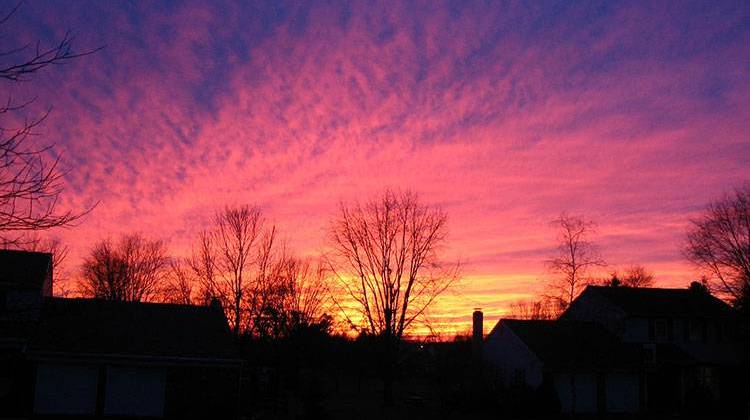
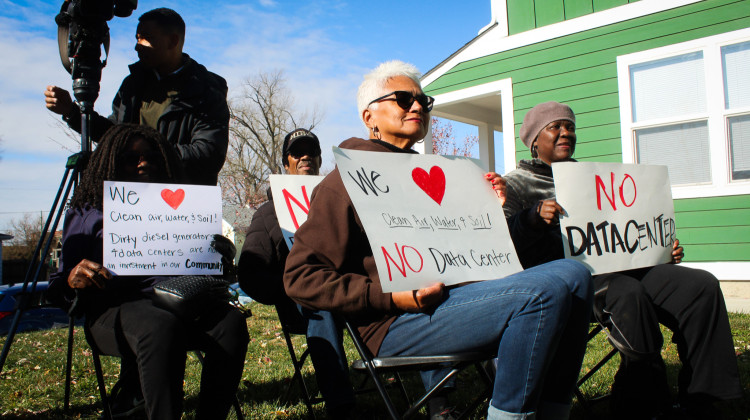
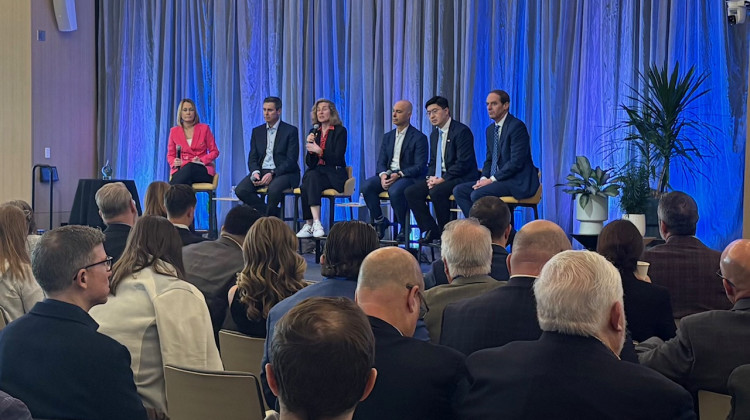
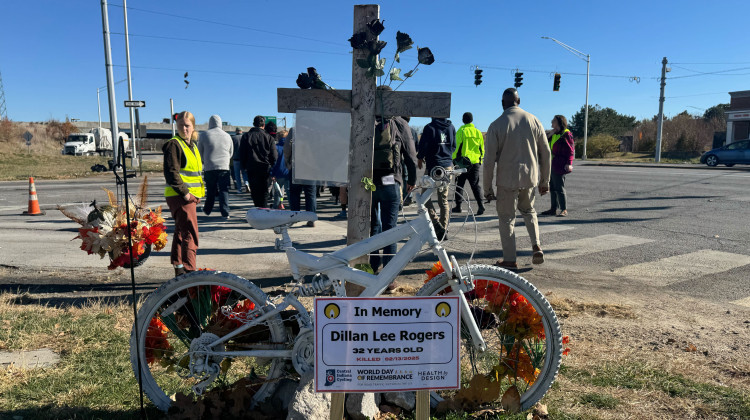
 View More Articles
View More Articles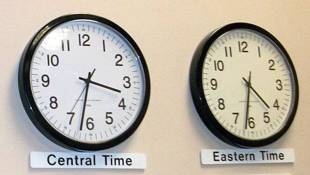

 Support WFYI. We can't do it without you.
Support WFYI. We can't do it without you.